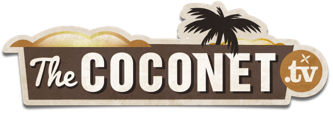HUMANS OF THE ISLANDS - WILLIAM SANGSTER
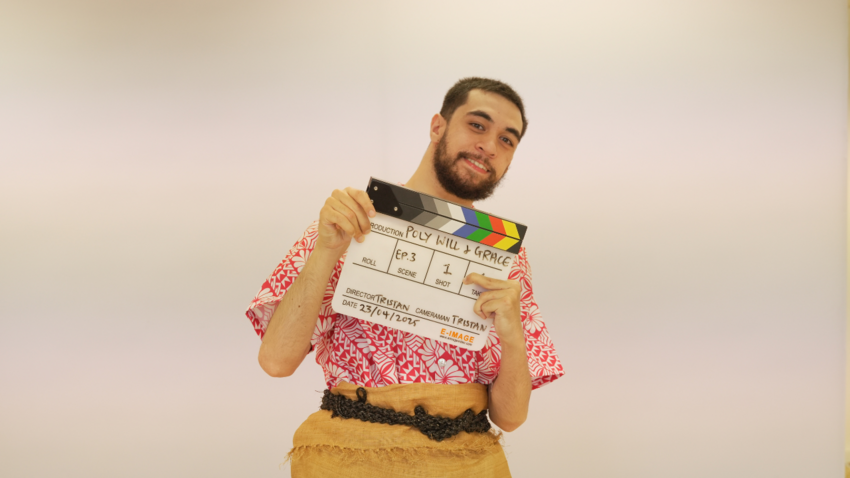
William Sangster
Tongan
Journalist/Storyteller
/
Please introduce yourself, your heritage, what you do for a living, where you grew up
Mālō e lelei. Ko hoku hingoa ko William — my name is William. I am Tongan–European, from the villages of Lapaha and Vaini (Vaini poto, iykyk). I grew up in Onehunga and am now based in Māngere East. I’m an Editorial Producer and Video Editor at The DList*, an online disability magazine platform.
You've spent much of your life advocating for people with disabilities and telling their stories — how has this work shaped you into the person you are today?
It’s taught me so much about being selfless and showing humanity towards others. My mum always instilled in me the importance of giving back and being kind to everyone. When I’m advocating, I’m simply trying to create an easier path for others — and to show them they can do it too.
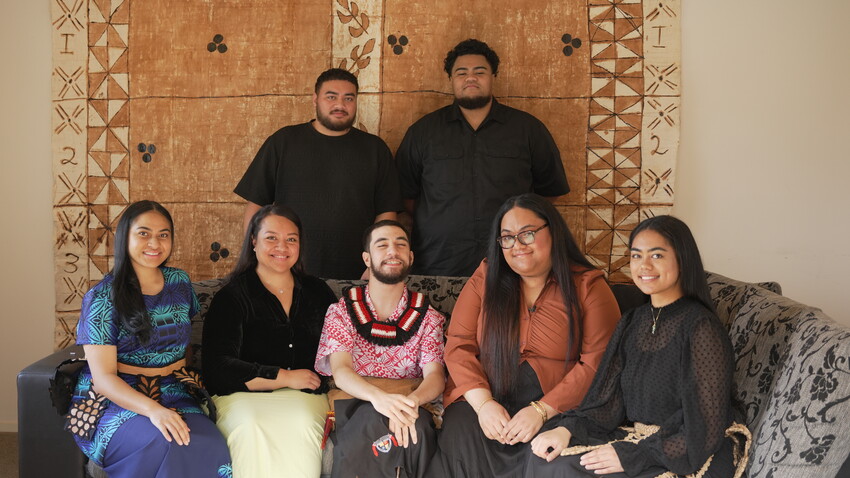
How has your Pacific heritage affected the way you approach your mahi?
It’s shaped me a lot, especially in bringing the values of respect (Faka‘apa‘apa) and care (Fakatonutonu) into my craft and every project I take on. For me, it’s important to look after others in my community.
Tell us about your journey into journalism and storytelling.
Growing up, all I ever wanted to be was a filmmaker and storyteller — I’ve always loved editing and directing. I graduated with a Bachelor’s in Communication Studies, majoring in film, at AUT. I then got into journalism by chance, landing an internship at the NZ Herald through my Te Rito cadetship.
Tell us about your new show you have released.
Back when we were Te Rito cadets, my co-cadet — and now adopted Samoan sister — Grace and I first thought about doing a podcast about my story, inspired by our long car ride chats. Over time, the idea grew into something bigger — something that reflects the daily lives of our Pacific disabled community. We wanted to show the barriers we face in government systems and workplaces, but also the fun stuff — the roast sessions with family, the goofy moments — all the realness that makes our lives relatable and full of heart.
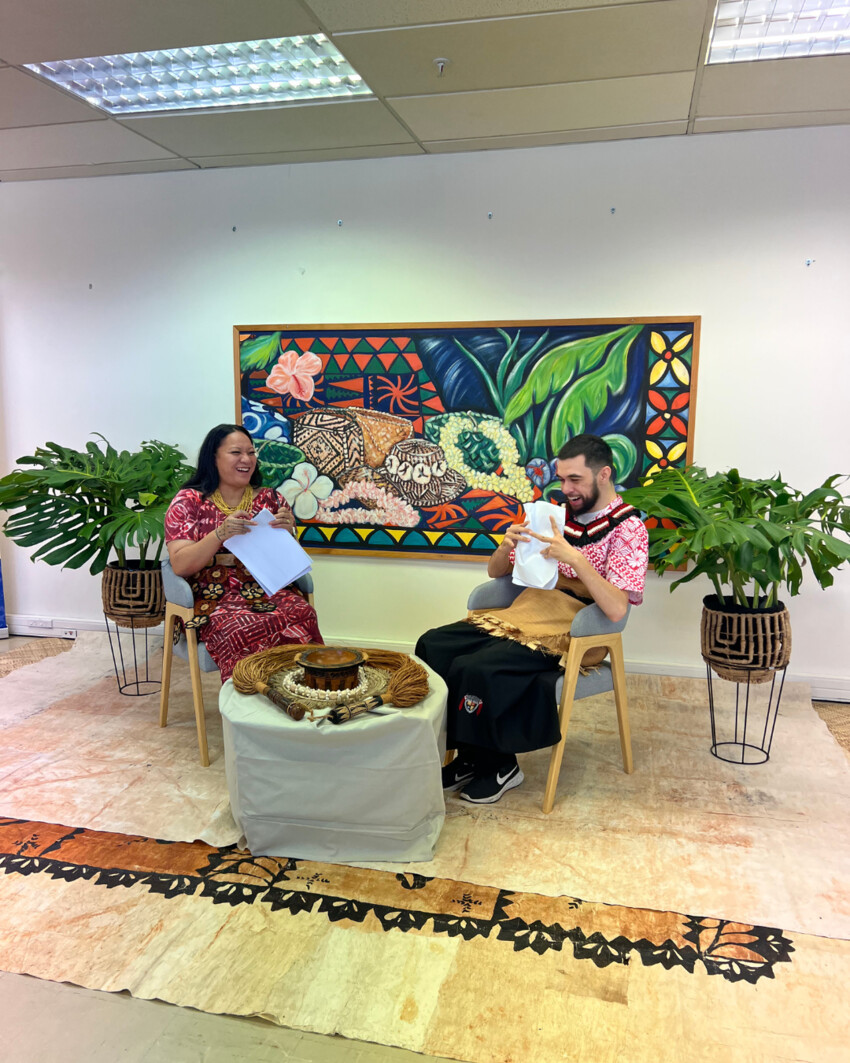
Why was it important for you to make this show?
These stories are just scratching the surface of our rich Pacific disabled community. The more we share our stories — and the more they’re told by us — the better the world will understand.
My late Papa used to say to me in Tongan: "‘Alu ki tu‘a pea ke hoko ko koe" — which means, “Go out and be yourself.” I want this series to reflect who we truly are — not a version shaped by the mainstream, but something authentic and grounded in truth.
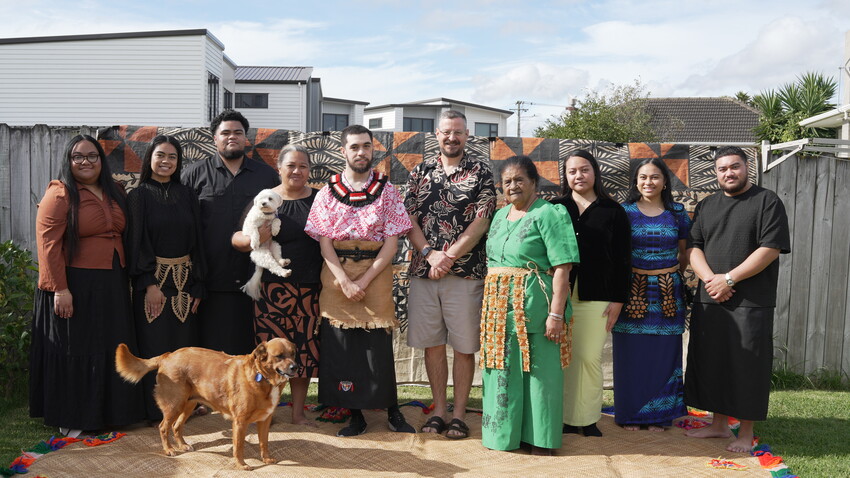
What is something you wish others knew about people with disabilities?
That we’re human too. We’re some of the funniest, goofiest, most creative, and most talented people you’ll ever meet. Just ask us questions, be patient, and be understanding. We’re not here to be “inspiring” or a token — we’re just us. The most important thing is to treat our community normally.
What advice do you have for young brown aspiring storytellers?
Just create and believe in your craft. My saying is: “Why not?” Why not make it? Why not fail and learn from it? Take that leap of faith, and always be unapologetically yourself.
-
All photos via Centre for Pacific Languages
